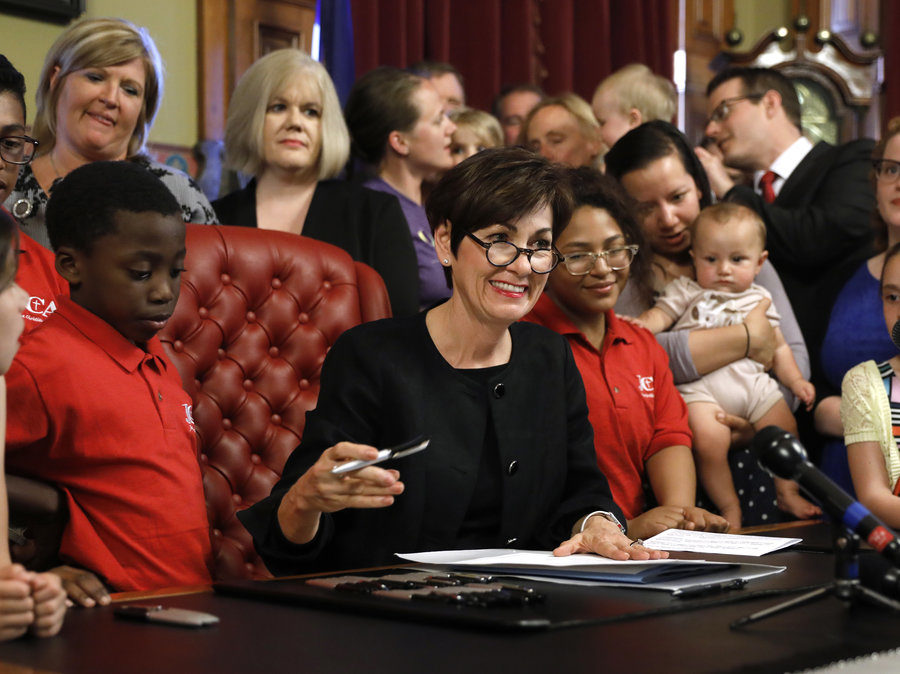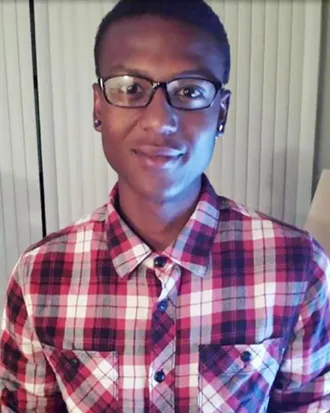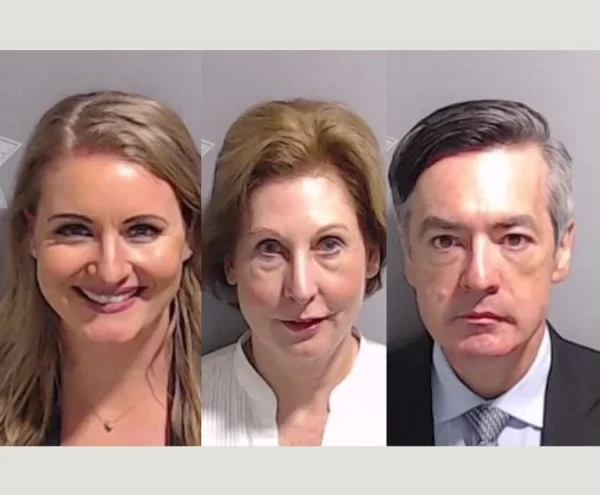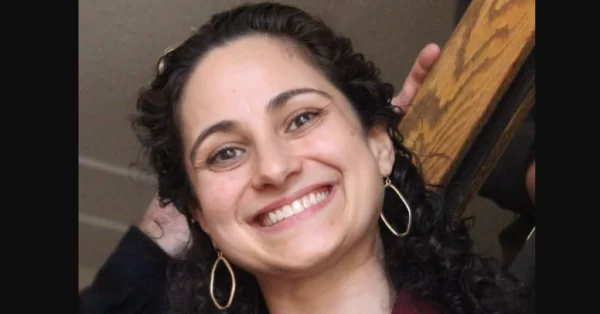Iowa passes fetal heartbeat law
At the Iowa Faith and Freedom Coalition’s annual event Saturday, Iowa Governor Kim Reynolds received a standing ovation from the 300 in attendance at Walnut Creek Church in Windsor Heights.
“We are number one in the country when it comes to protecting life, I believe all innocent life is precious and sacred, and as governor I pledge to you to do everything in my power to protect life,” Reynolds told the crowd.
Though it might be assumed that Governor Reynolds was talking about the growing number of school shootings across the nation, or perhaps the recent budget cuts to the Iowa Department of Human Services that led to a 26% increase in confirmed cases of child abuse from 2016, she is, in fact, talking about abortion.
The ‘fetal heartbeat’ abortion ban, signed into law May 4th by Governor Reynolds, is among the strictest in the nation, banning all abortions taking place after a heartbeat is discovered in the fetus. Some exceptions have been introduced – in cases of rape and incest, where it has been reported to authorities, and to save the woman’s life.
Medical professionals have found that the heart of a fetus typically starts pumping its own blood around the fourth week of pregnancy. However, according to Self.com, on average women discover they are pregnant as early as five or six weeks into pregnancy, meaning this law would ban the medical procedure before some women even know they’re pregnant.
Before the decision of Roe v. Wade (1973), a landmark United States Supreme Court case deciding the issue of the constitutionality of laws that criminalized or restricted access to abortions, in the 1920s, 15,000 women died from unsafe abortions annually, according to Bustle. During these times women were desperate enough to reach out to anyone who’d perform an abortion for them known as “back-alley abortions” with unlicensed and, often, uneducated doctors. Though the law may now support those who choose to pursue abortions, that does not mean that it is easy.
Andy McGuire, a medical doctor who served as the Iowa Democratic Party chairwoman during the 2016 election cycle criticized the way Republican Governor Kim Reynolds in a recent debate. “I can tell you this won’t stop abortion, It will just make it unsafe,” said McGuire.
In 2017, according to the Pew Research Center, 57% of Americans were in favor of abortions being legalized under any circumstances. This unfortunately does not stop states from attempting and occasionally succeeding in passing unfair legislation to restrict abortion.
The last extreme abortion bill was Texas Senate Bill 8, which outlawed a doctor to perform dilation on a women and removing a fetus, the most common type of abortion after 15 weeks of pregnancy, unless they first stopped a fetus’ heart using another method.
In June 2016, the Supreme Court did away with the Texas Senate Bill in a 5-3 ruling being the most significant decision from the Supreme Court on abortion in two decades. Therefore the chances of unsafe abortions, and complications increase.
Other legislation targeting abortions can fall under the category of Targeted Regulation of Abortion Providers, or TRAP laws. These laws focus on regulating seemingly arbitrary parts of the abortion clinics, such as the width of the doorways or the color of the walls. The level of regulation involved in the architecture is tantamount to that of an actual hospital. The clinics unfortunately have nowhere near the appropriate funding to properly adapt after each of these laws get enacted, leading to a kind of financial bullying until they’re forced to close.
“Today’s actions to ban abortion are an embarrassment to Iowa and they will remain a blemish on our state for the foreseeable future, serving as one more reminder that Iowa’s leadership does not value health care,” said Erin Davison-Rippey, public affairs director, Planned Parenthood of the Heartland.

I am in 12th grade.
I would like to work in Forensic Science. I love watching the news, I watch it everyday. Plus, I love writing.













